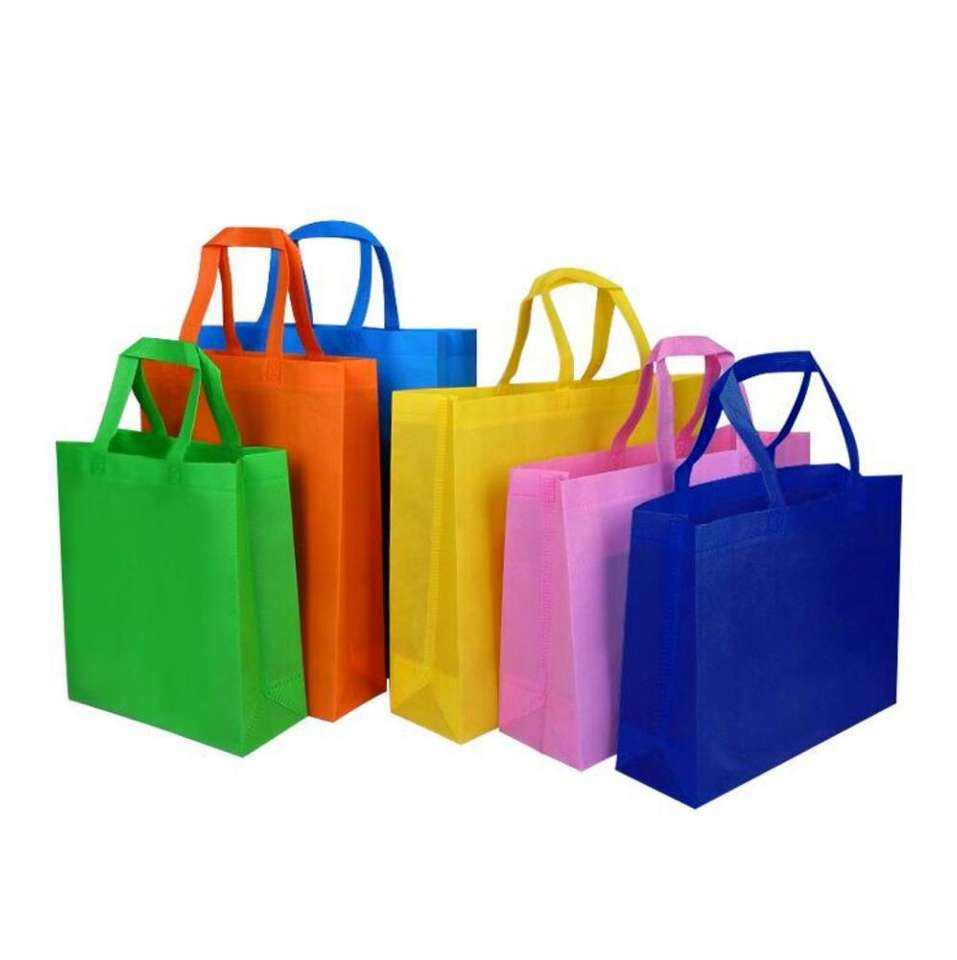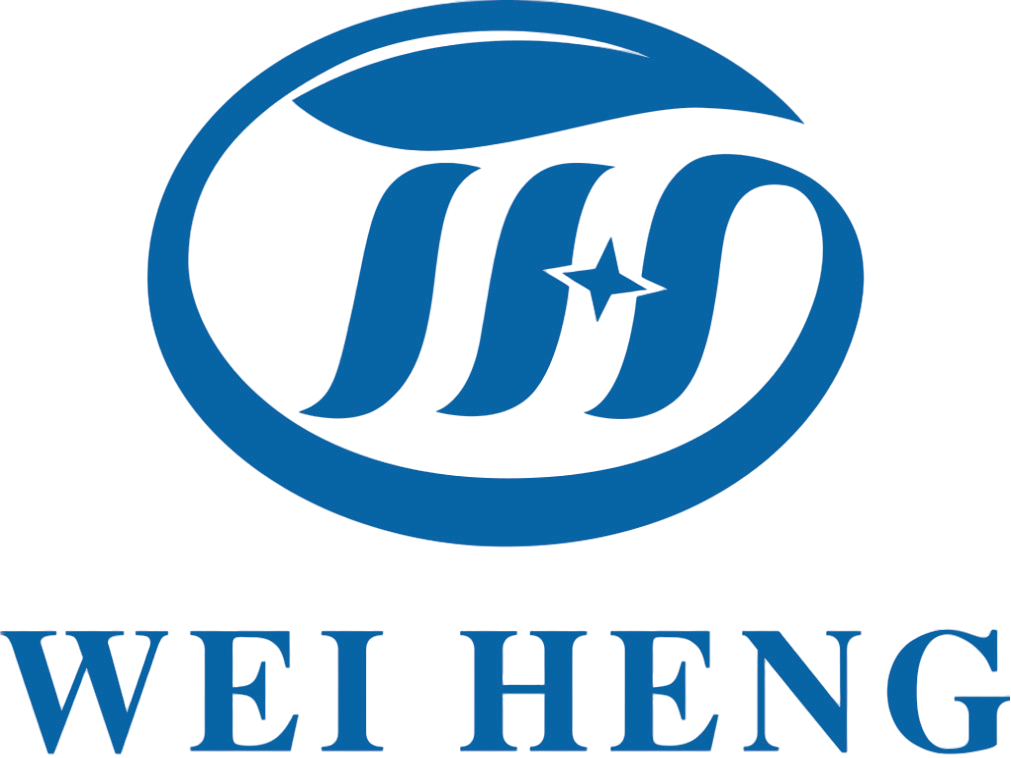The Rising Impact of Sustainable Retail Solutions
The retail landscape is undergoing a dramatic transformation as environmental consciousness reshapes consumer behavior and business practices. At the forefront of this sustainable revolution are reusable shopping bags, which have emerged as a powerful symbol of retail responsibility and environmental stewardship. These versatile carriers are revolutionizing how stores interact with their customers while making a substantial positive impact on our planet.
Modern retailers face mounting pressure to adopt eco-friendly practices, and reusable shopping bags represent a tangible solution that resonates with environmentally conscious consumers. As single-use plastic bags continue to face bans and restrictions worldwide, forward-thinking businesses are discovering that embracing reusable alternatives offers multiple advantages beyond mere environmental benefits.
Environmental Benefits and Business Impact
Reducing Environmental Footprint
The environmental case for reusable shopping bags is compelling. A single reusable bag can potentially replace hundreds or even thousands of single-use plastic bags over its lifetime. This substantial reduction in plastic waste directly translates to decreased pollution in our oceans, reduced landfill burden, and lower carbon emissions associated with plastic bag production.
When retailers adopt reusable shopping bags as their primary carrying solution, they actively contribute to environmental conservation. These sustainable alternatives typically last for several years, significantly reducing the environmental impact compared to disposable options. The ripple effect of this choice extends far beyond the immediate retail environment, positively influencing entire supply chains and communities.
Cost-Effectiveness Over Time
While the initial investment in reusable shopping bags may be higher than traditional plastic bags, the long-term financial benefits are substantial. Retailers can significantly reduce their ongoing packaging expenses, especially in regions where plastic bag taxes or fees are implemented. Moreover, many customers are willing to purchase quality reusable bags, creating an additional revenue stream for businesses.
The cost savings extend to inventory management and storage. Reusable shopping bags require less storage space compared to bulk quantities of single-use bags, freeing up valuable retail space for other purposes. This efficiency in storage and inventory management contributes to overall operational cost reduction.

Brand Enhancement and Customer Loyalty
Building Brand Recognition
Reusable shopping bags serve as walking advertisements for retail brands. When designed thoughtfully with attractive graphics and brand elements, these bags become mobile marketing tools that increase brand visibility every time customers reuse them. This extended exposure helps create lasting brand impressions and can attract new customers through passive advertising.
Many retailers are leveraging reusable shopping bags as part of their broader brand strategy, creating limited edition designs or incorporating seasonal themes that customers want to collect. This approach transforms a simple carrying solution into a desirable branded merchandise item, enhancing customer engagement and brand loyalty.
Strengthening Customer Relationships
By offering reusable shopping bags, retailers demonstrate their commitment to sustainability, which resonates strongly with modern consumers. This alignment with customer values helps build stronger emotional connections and fosters long-term loyalty. Customers appreciate businesses that take concrete steps toward environmental responsibility, and reusable bags serve as a tangible symbol of this commitment.
The implementation of reusable shopping bag programs also creates opportunities for meaningful customer interactions. Whether through bag-sharing initiatives, discount programs for reuse, or educational campaigns about environmental impact, these programs help deepen customer engagement and create positive associations with the brand.
Implementation Strategies for Success
Effective Program Design
Successful implementation of reusable shopping bags requires thoughtful program design. Retailers should consider factors such as bag quality, pricing strategy, and customer incentives. High-quality bags that are both durable and aesthetically pleasing encourage repeated use and positive brand association. Many successful retailers offer a mix of options at different price points to accommodate various customer preferences.
Creating clear incentive structures, such as discounts for bringing back bags or loyalty points for reuse, helps drive adoption and regular usage. Some retailers have found success with bag-sharing programs or deposit systems that ensure bags remain in circulation while providing flexibility for customers who may occasionally forget their bags.
Staff Training and Customer Education
Employee education is crucial for the successful promotion of reusable shopping bags. Staff should be well-versed in the environmental benefits and practical advantages of reusable bags to effectively communicate these points to customers. Training should also cover proper bag care instructions and any specific program details or promotions.
Customer education initiatives might include in-store signage, social media campaigns, and informational materials that highlight the environmental impact of bag choices. Many retailers find success in sharing specific metrics, such as the number of plastic bags avoided or equivalent environmental benefits, to make the impact more tangible for customers.
Frequently Asked Questions
What materials are best for reusable shopping bags?
The most effective reusable shopping bags are typically made from durable materials such as cotton, hemp, recycled polyester, or non-woven polypropylene. Each material offers different benefits in terms of durability, washability, and environmental impact. Cotton and hemp provide excellent durability and are fully biodegradable, while recycled polyester offers strength with a lower environmental footprint.
How can retailers ensure customers remember to bring their reusable bags?
Successful strategies include implementing reminder systems through mobile apps or email notifications, offering bag storage solutions at store entrances, and creating compelling incentive programs. Some retailers also maintain a supply of loaner bags or offer bag-sharing programs to accommodate customers who forget their bags.
What is the return on investment for implementing a reusable bag program?
While initial costs may be higher, retailers typically see returns through reduced ongoing packaging expenses, increased customer loyalty, and potential revenue from bag sales. The ROI also includes less quantifiable benefits such as enhanced brand reputation and environmental impact reduction. Many retailers report breaking even within the first year of implementation.




